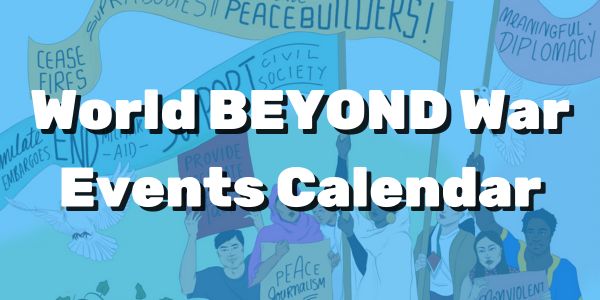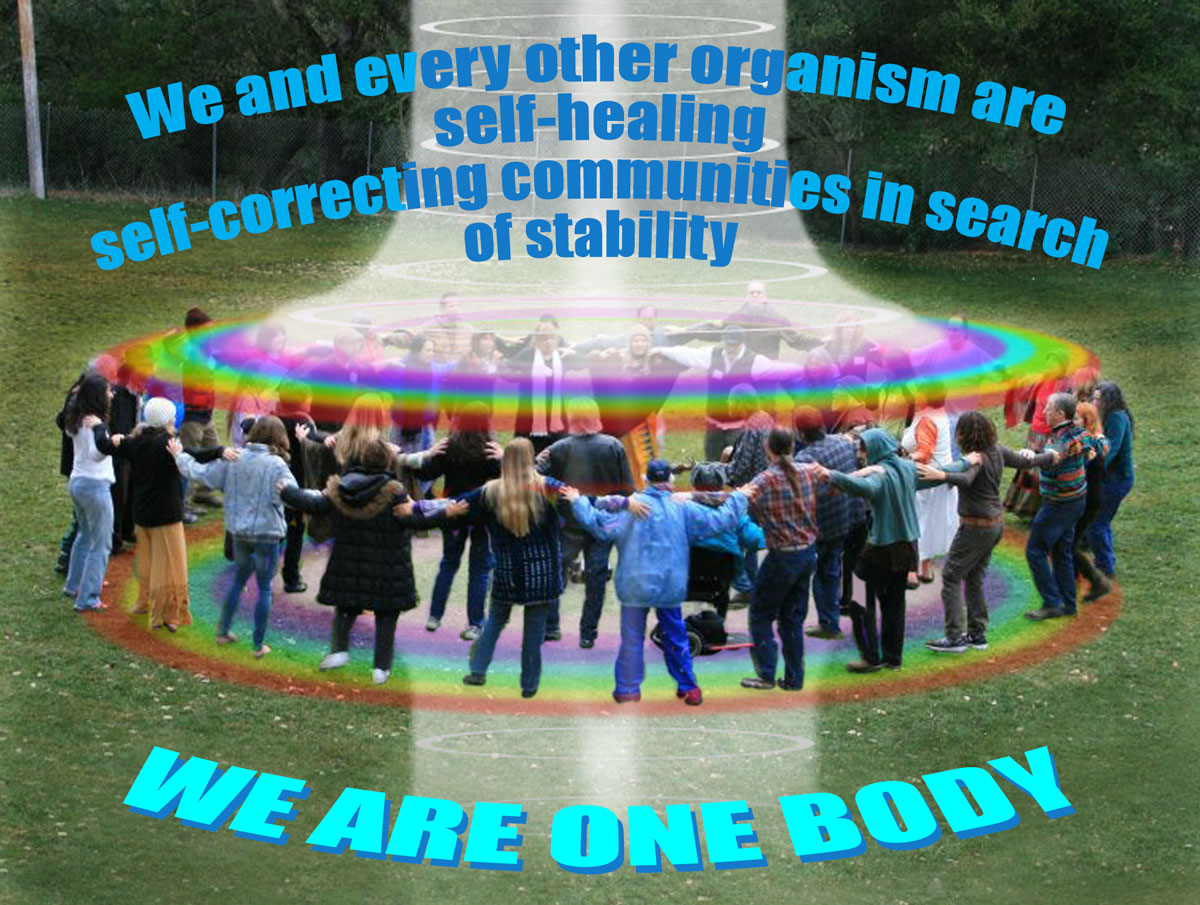Using a community learning model, we will share our personal thoughts in small breakout groups about questions such as these:
- What is the Culture of War?
- How much are we deeply entangled within it?
- What is the role of the individual in the transition from a culture of war to a culture of peace?
- What does it mean to “win without fighting?”
- Violence has long been recognized as a “public health” problem of epidemic proportions. Is it useful to define military violence as an addictive behavioral disease?
- What is the medicine, the treatment, for this addiction? When is the best time for treatment?
- How would strategies for peacebuilding change if acts of military violence were defined as a contagious addiction or a psychogenic behavioral illness called Violence Dependency?
Consider this hypothesis of Violence Dependency:
Violence Dependency (domination disorder) is the compulsively repeated alteration of brain chemistry through stress in order to produce temporary relief from frustration, grief, or pain quickly without changing the thoughts or behavior that cause these negative feelings.
Violence dependency is a treatable disease that can be held in remission through a basic lifestyle change. There is no known cure. The tendency to relapse is always present. The degree of dependency on violence always increases, even when the person is not acting out. If allowed to progress, the disease is fatal.
Violence-dependent people typically have low self-esteem, poor coping skills, poor social skills, and come from abusive, violence -dependent, and dysfunctional family systems. They appear to be bored, confused, lonely, depressed, and angry. Although they feel guilty about their loss of control over their violent behavior, thoughts, and feelings, they tend to blame others or external circumstances, and deny that they have a problem.
Treatment for violence dependency educates the person about the causes for the loss of control. Emphasis is placed on rebuilding self-esteem, increasing awareness of feelings, and making lifestyle changes to obtain a more lasting and more satisfying happiness without violence. The most important message of treatment is the hope, comfort and safety felt within a group of people who share in the same struggle.





